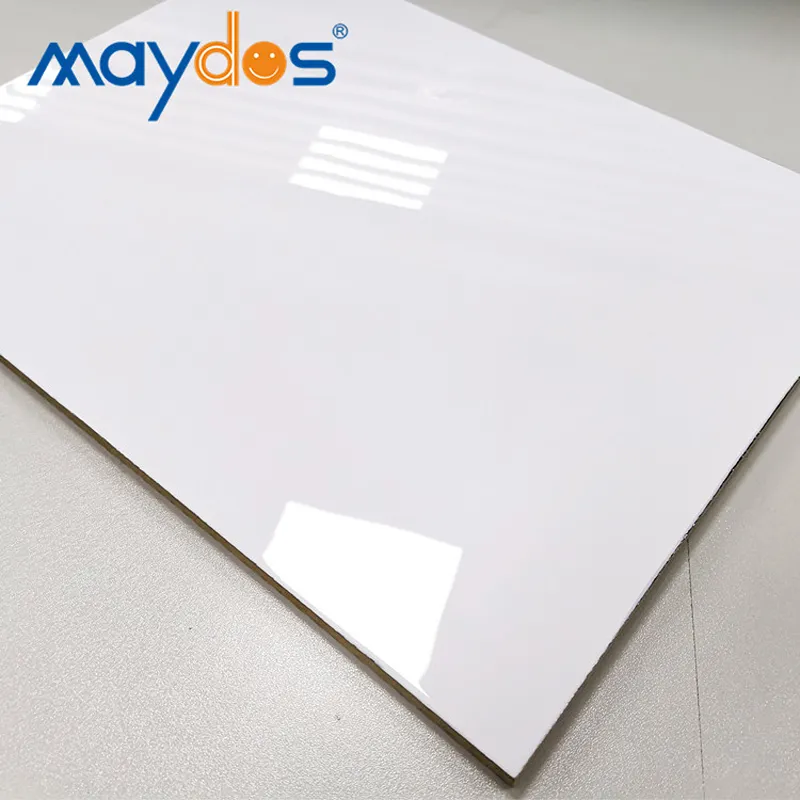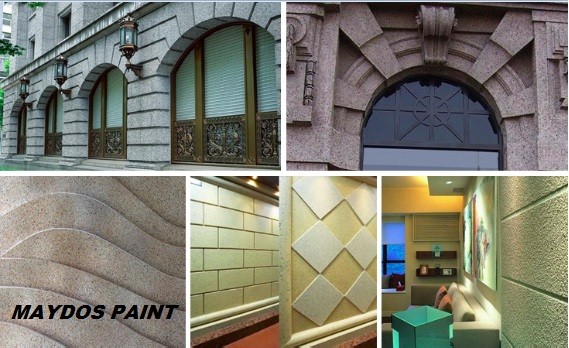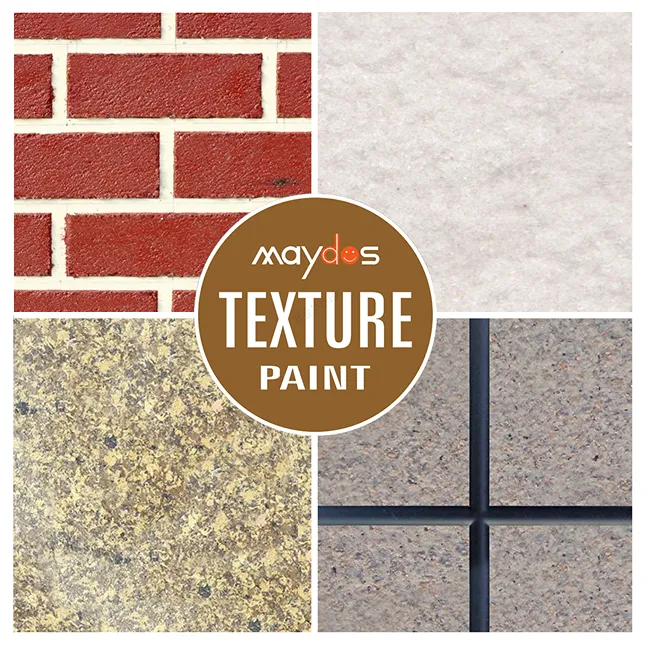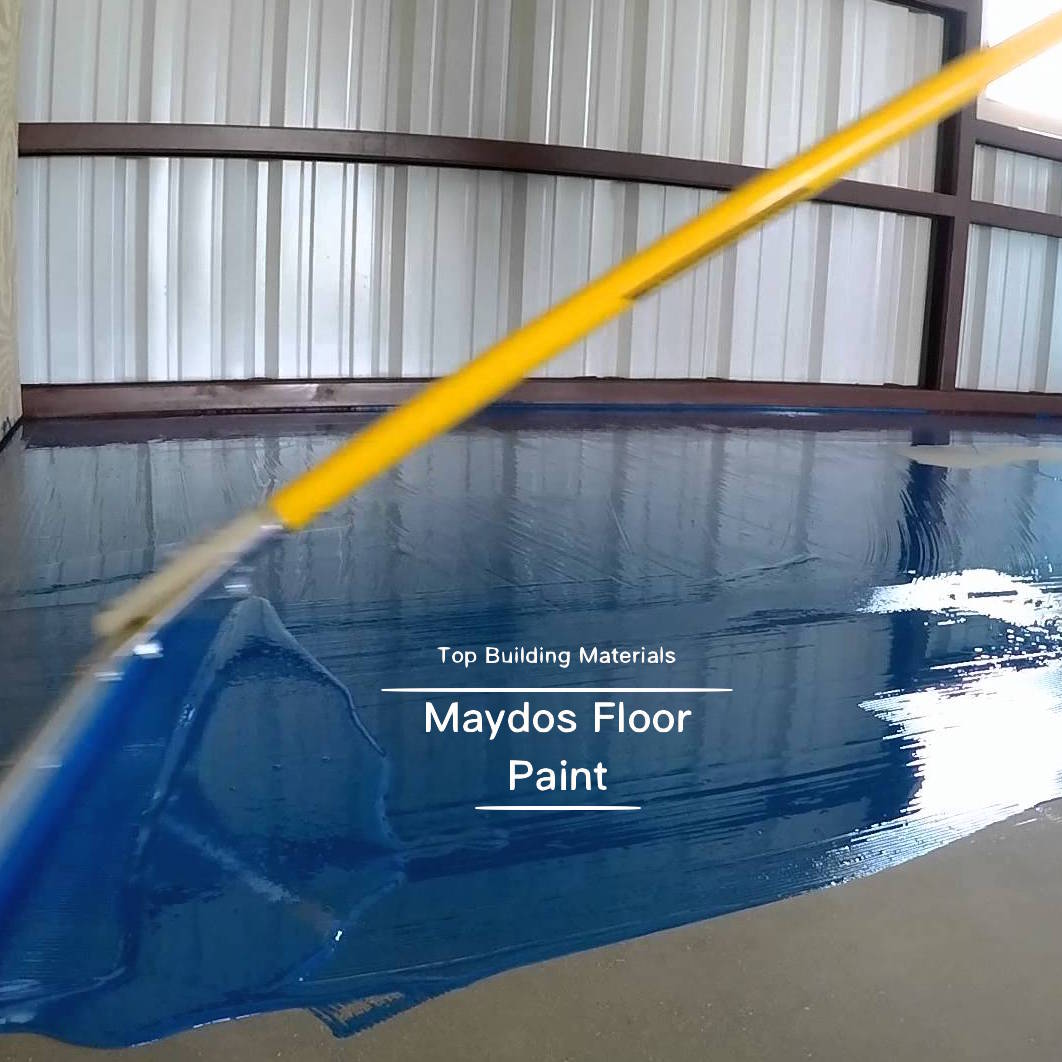epoxy flooring vs pu flooring
Epoxy flooring Vs Pu Flooring – The battle is on! Two different types of flooring have become very popular over the years. There are many advantages and disadvantages for each type, but which one should you choose? To help you decide, let’s take a look at each type of flooring and compare the pros and cons of each. This will help you decide if epoxy flooring, or perhaps Pu Flooring, is right for you.
Epoxy vs. Pu Flooring – In many cases, industrial flooring suppliers recommend epoxy. That’s because it’s been proven to provide better resistance to moisture, stains, and chemicals than other types of flooring materials. The reason behind this is that epoxy has a etepox reaction, which is essentially a chemical reaction that changes the surface material to a semi-permanent barrier. Etepox solution sdn bhd (chemical etepox) – is a substance that has been found useful in various industrial applications. An etepox solution under beds (a mixture of epoxy resin with etepox) is often used to protect industrial flooring from moisture, rust, and chemicals.
When industrial flooring suppliers are determining the benefits of one versus the other, they often compare it to power stations. Basically, power stations are either permanent or temporary, and both have certain disadvantages. Epoxy can be installed permanent, whereas power stations are usually only temporary. So, does epoxy provide better resistance to moisture, rust, and chemicals, or does it provide a combination of both?

epoxy floor paint
Epoxy Flooring Vs PU Flooring – When comparing one to the other, it is important to consider what is being comparison. In the case of power stations, the environment is directly associated with the industry. If there is volatile organic compounds (VOCs) present in the vapor facilities, or flue gas purification plant emissions present in the industrial flooring, the vapor facilities are not ideal. This is because they directly interact with the epoxy coating on the surface of the floor, as well as any potential dust that may be present. So, it would be safe to assume that any facility where VOCs or flue-gas purification plants are present, will most likely be an unfavorable location for epoxy flooring installation.
Epoxy is superior to power stations because it does not interact with the VOCs or flue-gas purification plant emissions, but it also acts as a chemical barrier to moisture. Because epoxy is a thermosetting polymer, it can adhere to any surface, but it will not dissolve, so it will prevent moisture from penetrating and damaging the floor. Additionally, epoxy has superior water and heat resistance when compared to its counterparts. It has the ability to maintain its integrity even under high temperatures, and it will not get soft if exposed to moisture. Because epoxy is not affected by chemical reactions, it is capable of resisting harsh conditions and harmful chemicals.
While there are similarities between power stations and epoxy, there are distinct differences between the two. Therefore, it is extremely important for any industrial flooring supplier, have an expert epoxy installers or contractors on staff. Hiring a professional epoxy flooring supplier can greatly improve the efficiency and quality of the project, and ensure longevity of the surface. By hiring qualified professionals, the manufacturer can rest assured that the quality of their industrial flooring will exceed their customer’s expectations.





















